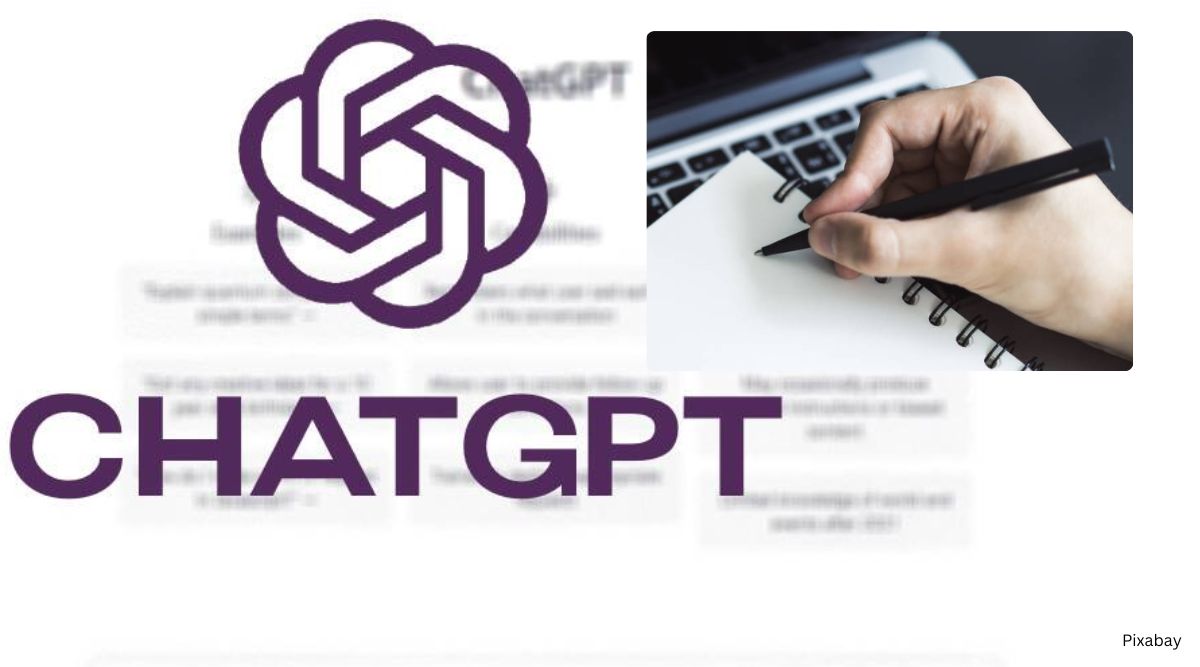Student passes test with ChatGPT-written essay, teacher says content ‘wasn’t the most terrible’
After taking the permission of a Russel Group university professor, Pieter Snepvangers asked the chatbot to curate a 2,000 word essay on social policy, a task the AI tool was able to complete in around 20 minutes.
 While Pieter Snepvangers graduated last year, he wanted to test the ability of ChatGPT to attend an examination.
While Pieter Snepvangers graduated last year, he wanted to test the ability of ChatGPT to attend an examination. Internet users have been in a frenzy since the launch of ChatGPT, a ‘conversational’ chatbot that uses Artificial Intelligence to answer queries like any human would. At a time when the tool has been a talking point in education institutions for its repercussions, a UK graduate has “passed” a university examination using it.
The Independent has reported that Pieter Snepvangers used the chatbot to submit a final year assessment from the Russell Group university in the United Kingdom. After taking the permission of the professor, he asked the chatbot to curate a 2,000 word essay on social policy, a task the AI tool was able to complete in around 20 minutes. Pieter even received a score of 53 (a 2:2) for the essay.
“I found a (fairly) prestigious Russell Group university and asked one of its lecturers if I could take his final year social policy assessment to see if ChatGPT could really work. I wanted to know what mark I could get and whether or not he’d spot the essay was written by a bot,” Pieter was quoted as saying by The Tab news website.
"Hi, I'm Pieter Snepvangers." pic.twitter.com/6pZT07umoi
— Levins Solicitors (@LevinsLaw) February 9, 2023
A really good read and insight. An end to the age of paying other students as ghostwriters, I’d guess https://t.co/q2P78iNY1a
— James Reynolds (@JimReynoldsUK) February 3, 2023
The 2,000 word essay produced by ChatGPT, answering a query to critically asses what can be done about the climate emergency as an individual, begins by saying, “Climate change is one of the most pressing issues of our time, and it is essential that individuals and citizens take action to address it. While governments and corporations have a significant role to play in addressing the climate emergency, there are also many things that individuals and citizens can do to make a difference.”
Initially, ChatGPT produced only 365 words, prompting the graduate to change his approach. He asked the tool 10 different questions related to the essay and managed to fetch 3,500 words. Later, he chose the best paragraphs given by the software and organised them into an essay, completing it in 20 minutes.
On reviewing the essay, the lecturer said he found the answer fishy but “didn’t think it would have been abundantly clear”, The Independent report said. He added that the answer lacked depth and there were no references.
“This could be a student who has attended classes and has engaged with the topic of the unit. The content of the essay… this could be somebody that’s been in my classes. It wasn’t the most terrible in terms of content,” he was quoted as saying by The Independent. “You definitely can’t cheat your way to a first class degree, but you can cheat your way to a 2:2.”
- 01
- 02
- 03
- 04
- 05































